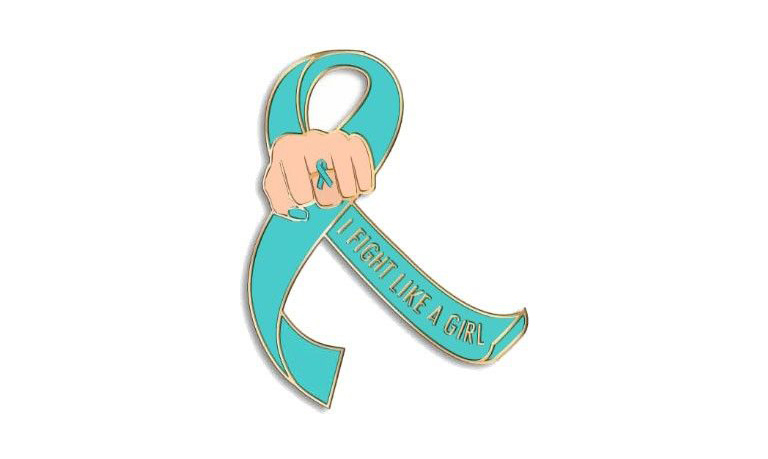Pink lights illuminate bridges, state capitols and city landmarks. Runners, walkers and strollers race for the cure. Pink ribbons embellish bags, jewelry, hats and t-shirts. Teas, brunches and banquets raise funds for breast cancer research. Even NFL players sport pink in October.
Think pink! Wear pink! Celebrate pink! October is National Breast Cancer Awareness Month. We celebrate breast cancer survivors.
Breast cancer is the second most common cancer that affects women. The female cancer with the lowest survival rate, though, is ovarian cancer.
Are you aware that there is a connection between breast cancer and ovarian cancer?
I am an ovarian cancer survivor. We had no family history of ovarian cancer. My aunt had breast cancer after the age of 50. My personal risks for ovarian cancer included endometriosis, no children and obesity. In 2006, I rolled over in bed and felt a firm grapefruit-size mass in my abdomen. My ovarian cancer journey began.
As a breast cancer survivor, could you also be at risk for ovarian cancer?
Risk Factors for Ovarian Cancer
BRCA1 or BRCA2 mutations can cause cancer. Of all women with breast cancer, 5-10% carry these gene mutations. According to the Foundation of Women’s Health, a BRCA1 mutation carries a 39-46% increased risk of ovarian cancer. A BRCA2 mutation carries a 10-27% increased risk of ovarian cancer.
A personal diagnosis of breast cancer before the age of 45.
A close blood relative diagnosed with ovarian cancer at any age.
A personal diagnosis of breast cancer before age 50 and a blood relative with breast cancer before age 50.
Two or more close relatives on the same side of the family with breast cancer before the age of 50.
Ashkenazi Jewish descent. 1 in 40 carry BRCA mutations.
Why Ovarian Cancer Has a Low Survival Rate
There are no screening tests for ovarian cancer. Early diagnosis greatly improves a woman’s chances of survival. But the vague symptoms often mimic gastrointestinal disorders that can be easily ignored or misdiagnosed. Many women are diagnosed in the latter stages and therefore experience a poorer prognosis.
What Can We Do?
Being aware of changes in your own body is your best defense for early detection of ovarian cancer. If the following symptoms persist for several weeks, please consult a gynecologist.

As we celebrate breast cancer survivors, let us remember that not all female cancers are pink. Do you know your risk for ovarian cancer? Listen for the symptoms that whisper.

